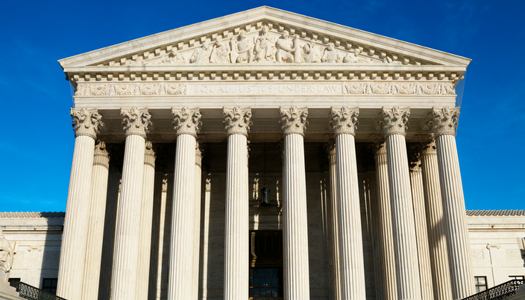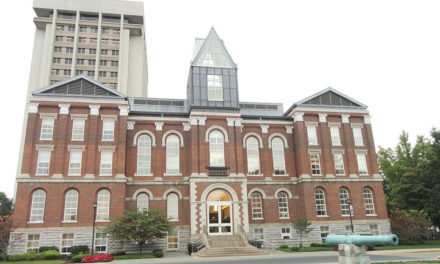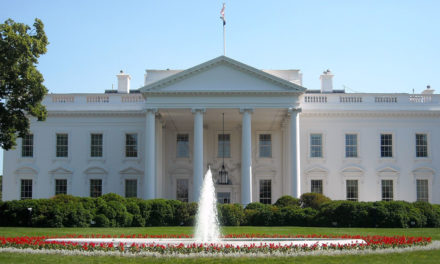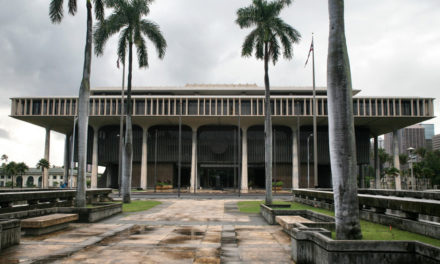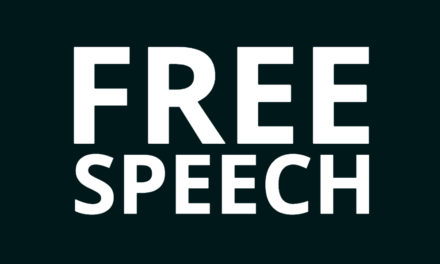This is a highly volatile time in our nation’s history where the ascendancy of radical secularism, coupled with various government entities favoring LGBT and abortion issues over free speech, has led to numerous confrontations with Christians who resist the secular “Zeitgeist”, or spirit of the age. These Christians not only wish to be free from government restrictions on their speech on important societal and moral issues, but reject efforts by government to compel them to speak a message that conflicts with their deeply held beliefs.
Here is a snapshot of current legal developments in the various free speech cases to come before the nation’s courts in the last year:
Abortion – sidewalk counseling
Certain states and municipalities with a pro-abortion mindset have attempted over the years to come up with ways to keep pro-life sidewalk counselors from speaking with pregnant women entering abortion facilities. These usually involve restrictions on how close sidewalk counselors can get to the women. These “buffer zones” and “bubble zones” are inherently speech-restrictive, and are justified by lawmakers as reasonable “time, place and manner” restrictions. The free speech versus reasonable time, place and manner disputes have received various treatments in the courts. However, the U.S. Supreme Court recently held, in a unanimous opinion and victory for free speech, that a Massachusetts law creating a 35-foot “buffer zone” outside abortion facilities was not a reasonable time, place and manner restriction.
Abortion – compelling pro-life centers to advertise abortion availability
Compelling someone to speak something they otherwise would not is an egregious exercise of government power, and violates the free speech rights of the speaker in almost all cases. A case currently being addressed by the U.S. Supreme Court pits the State of California against a group of pregnancy resource centers. These centers are committed to provide the hope and material support a woman with an unplanned pregnancy needs to choose life rather than abortion. The state wants to force these pregnancy resource centers to advertise the availability of low-cost and free abortion programs provided by the state. The case, NIFLA v. Becerra, is scheduled for oral argument in March, 2018, with a decision to be rendered by the end of June.
Same-sex marriage – compelling artistic expression
Free speech also includes non-verbal expressions that convey a message. With the legalization of same-sex marriage, and corresponding rise in business non-discrimination laws that now include sexual orientation and gender identity as protected classes, numerous Christian wedding vendors around the country that decline to use their creative skills to promote or participate in same-sex weddings have suffered a series of disappointing court decisions that refuse to recognize the free speech rights inherent in a government forcing them to use their skills to create a message with which they fundamentally disagree .
But the U.S. Supreme Court will soon be deciding whether a Christian cake-baker in Colorado has a First Amendment right to refuse to be compelled to use his artistry in the reception celebration of a same-sex wedding. The case, Masterpiece Cakeshop v. Colorado Civil Rights Commission, will be decided sometime in the Spring of 2018. That decision will likely impact many other pending cases, as well as provide guidance to the nation’s legislatures as to the proper reach of the free speech clause.
Sexual Orientation Change Efforts – Prohibiting Therapists from Speaking
California and other jurisdictions have passed laws, at the behest of the LGBT lobby, that prohibit licensed counselors and therapists from speaking to clients under the age of 18 who are seeking help to deal with unwanted same-sex attraction, although they are perfectly free to encourage such clients to embrace those feelings. Lawsuits brought by counselors in those jurisdictions have been unsuccessful, and the U.S. Supreme Court has declined to take on any of those cases.
Limiting Speech on Campus – Speech Codes and Speech Zones
It’s no secret that our increasingly liberal public colleges and universities, which are government entities, do not like conservative or religious views being espoused on campus. One of the tactics they use is to restrict individuals and student groups from communicating with other students about their views unless it occurs in a small, designated area, and a permit is obtained. The most recent example of this repeating problem occurred at Southern Illinois University, which attempted to restrict free speech to a spot comprising 905 square feet, amounting to about .0013 percent of the university’s 69 million square foot campus. When confronted with a lawsuit, the university agreed to drastically revise its speech policies.
Punishing Christians for Religious Speech
The City of East Lansing, Michigan, banned a Christian couple who owned a farm and fruit orchard outside the city limits from participating in the weekly farmer’s market held within city limits. Why? The Christian couple had posted on their Facebook page, in response to a question, that they would decline to host a same-sex wedding on their farm due to their biblical beliefs about marriage. When the farm couple took the city to federal court over their exclusion, the judge held that the City had violated their First Amendment right of free speech, and ordered the City to lift the ban on the couple participating in the farmers’ market.
Conclusion
By challenging these unlawful restrictions on speech, Christians serve the greater good, both for their fellow citizens and for the good of the Gospel. We never know when we will be faced with the weight of government pressure to remain silent, or to speak contrary to our beliefs and values. These brothers and sisters in Christ, aided by highly competent and dedicated Christian lawyers, are fighting for our rights, as well as their own. We also need to work together for a society in which, as much as possible, we have the most freedom to further the Great Commission by making disciples of all nations through our communications, guaranteed, as they are, by the First Amendment. The Founders gave us such a society. It is up to us to keep it.

